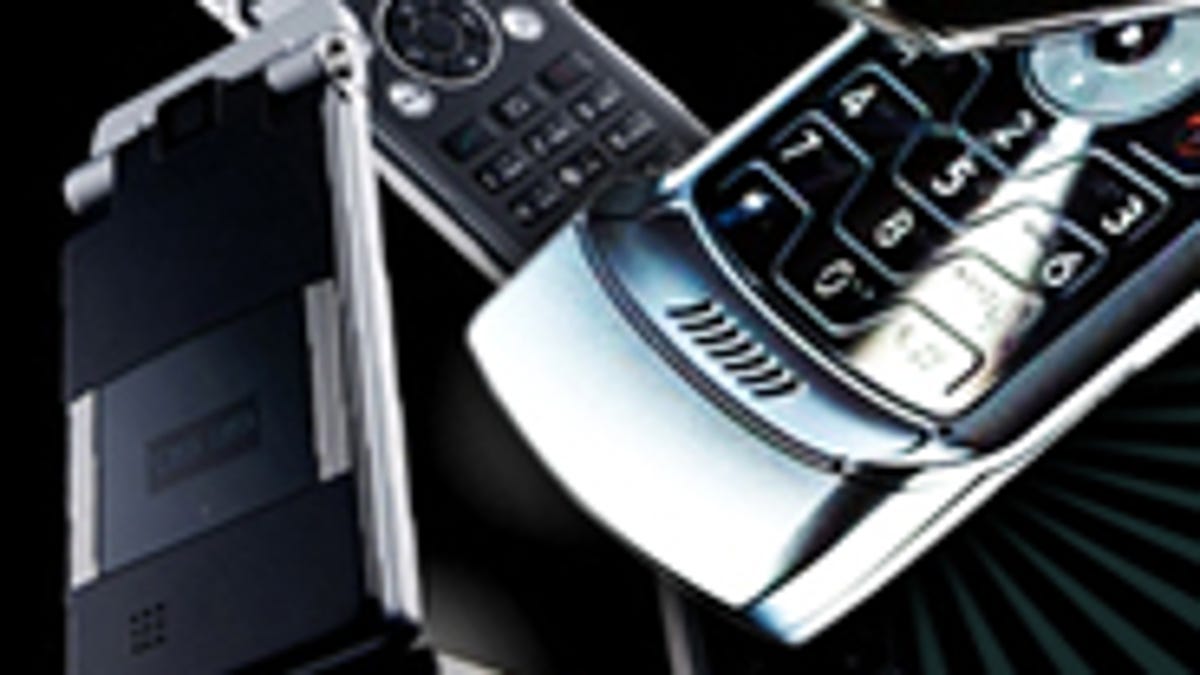Ban on cell phones lifted in Cuba
President Raul Castro has lifted the government ban on ordinary citizens owning cell phones.

Ordinary Cubans will soon have the luxury of owning a cell phone, according to a story by the Associated Press.
President Raul Castro's government said Friday that it will allow anyone in the country to get cell phone service, a right previously limited to executives working for foreign companies or high communist party officials.
This is the first announcement that a major government policy or restriction has been changed since the 76-year-old Castro took over as leader of the island nation from his older brother Fidel Castro.
The AP said there has been a kind of black market for cell phones in Cuba where people who were ineligible were able to get phones and service by having foreigners sign contracts in their names. But for the most part, mobile phones are not common in Cuba.
The small wireless market in Cuba is a monopoly controlled by Empresa de Telecomunicaciones de Cuba S.A., or ETECSA. The company has said it will soon offer prepaid contracts to the general public now that the ban has been lifted.
But because most Cubans only make about 408 Cuban pesos, or a little less than $20, a month according to the AP, it's hard to imagine that many Cubans will be able to afford a cell phone. Still, even the poorest of the poor have managed to afford cell phones in other countries. I was amazed on my a recent trip to the Philippines that everyone I encountered, from housemaids to Bangka boat captains to street vendors, all had cell phones. The Philippines also happens to be considered the texting capital of the world.
It's also very hard for me to wrap my head around the fact that people in Cuba have simply not been allowed to own cell phones while the rest of the world has seen an explosion in cell phone usage and technology. In the U.S., more than 80 percent of the population owns a cell phone. And close to 3 billion people around the globe have cell phones.
Cuba isn't the only country loosening its cell phone ban. In North Korea, where people had been publicly executed for carrying a cell phone, the ban is also being lifted, according to Web reports.
The North Korean government imposed the cell phone ban after a 2004 explosion in the city of Ryongchon that was believed to be an assassination attempt on the communist country's leader, Kim Jong-Il.
North Korea's ban is somewhat ironic considering that its southern neighbor South Korea is one of the most sophisticated mobile phone markets in the world.
But for governments that are intent on keeping a tight lid on information coming in or going out of the their country, cell phones are a major threat.
After all, it has been through photographs and video taken on cell phones and circulated on the Internet that the world has seen the disturbing images of the riots in Tibet: the clouds of tear gas, burning buildings, monks in purple robes, and riot police. Cell phones were the primary way that news was leaked to the outside world during the crackdown in Burma last year. And in many places, cell phones have been used to gather protesters and distribute antigovernment messages.

